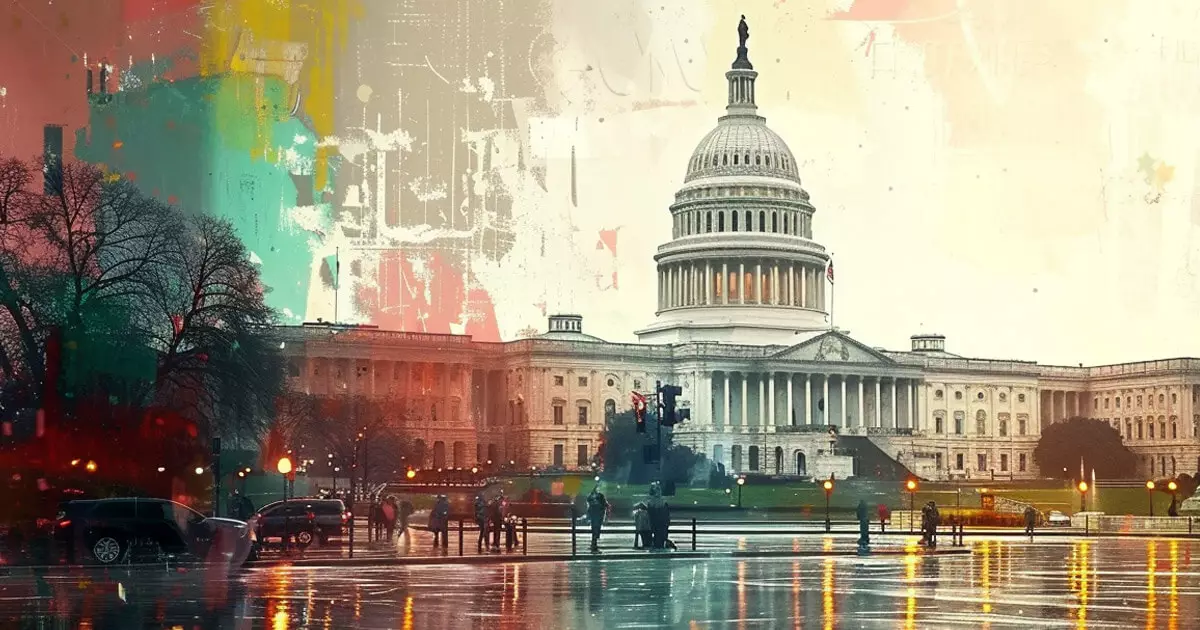The United States House of Representatives recently unanimously passed the Financial Technology Protection Act with the goal of addressing issues related to digital currencies being used for illicit activities and terrorism financing. This bill, introduced by Representative Zach Nunn, was approved on July 22, 2024. The main objective of this legislation is to establish a governmental working group consisting of federal agencies and private sector experts dedicated to combating terrorism and illicit financing on digital platforms.
The proposed working group is set to operate under the Treasury Department and will include experts from US law enforcement and the private sector. Additionally, it will have five industry leaders from financial technology or blockchain intelligence companies. The formation of this group signifies a concerted effort to address the security risks associated with digital assets while still upholding consumer choice for all Americans. Representative Nunn emphasized the importance of this bill in protecting Americans and ensuring the long-term integrity of digital assets.
Despite the House’s swift approval of the Financial Technology Protection Act, the Senate has not given the companion bill introduced by Senators Kirsten Gillibrand and Ted Budd the same level of attention. This discrepancy in response underscores the differing priorities and perspectives between the two chambers of Congress. However, the passage of this bill reflects the increasing support among US lawmakers for crypto regulations, as evidenced by the recent approval of the Financial Innovation and Technology for the 21st Century Act (FIT21).
In addition to the passage of the Financial Technology Protection Act, lawmakers have attempted to address other regulatory issues related to crypto, such as overturning the SEC’s Special Accounting Bulletin (SAB) 121 advisory. However, President Joe Biden vetoed the resolution to repeal this advisory, signaling the complexity and division surrounding crypto regulations. Despite these challenges, market observers believe that the bipartisan support for crypto in Congress will continue to grow, especially with the upcoming 2024 elections on the horizon.
The Financial Technology Protection Act represents a significant step towards regulating digital assets and combating illicit activities. As the government works to establish a specialized working group and navigate the complexities of crypto regulations, it is clear that the landscape of financial technology is rapidly evolving. The passage of this bill underscores the importance of striking a balance between security concerns and consumer choice in the digital asset space.














